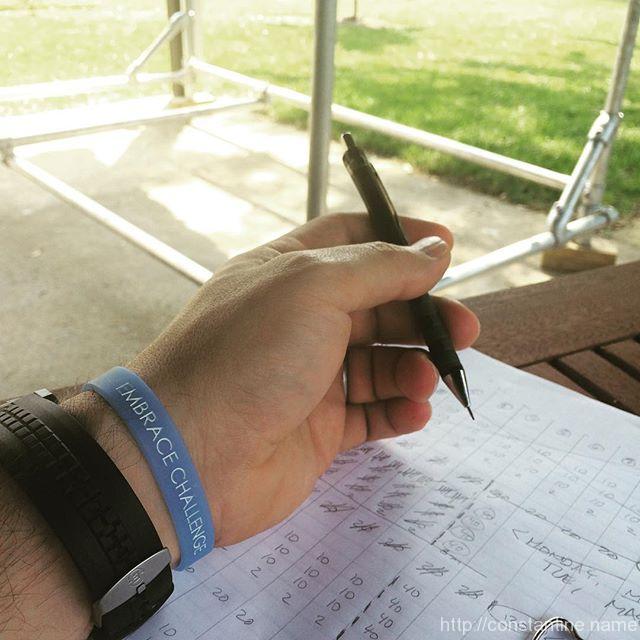However, the amount of discomfort and whether people agree to the possibility in the first place are essential to ethical practice. I contend that sayings like ‘It has to get worse before it gets better’ often gloss over the reality that some meditations and therapies simply don’t work for everyone, while others are actively harmful. So, when is getting worse a sign that ‘the process’ is working, and when is it an indicator that the approach is unhelpful or even harmful?
~ Nicholas Van Dam, from In therapy or meditation, is it normal to feel worse at first?
slip:4upyie21.
I had bookmarked this a while back after reading it. I was reminded of it as I sat in a warm patch of sun meditating this morning. For me, the sort of meditation I practice—every day, as best I can—is absolutely helpful.
ɕ


